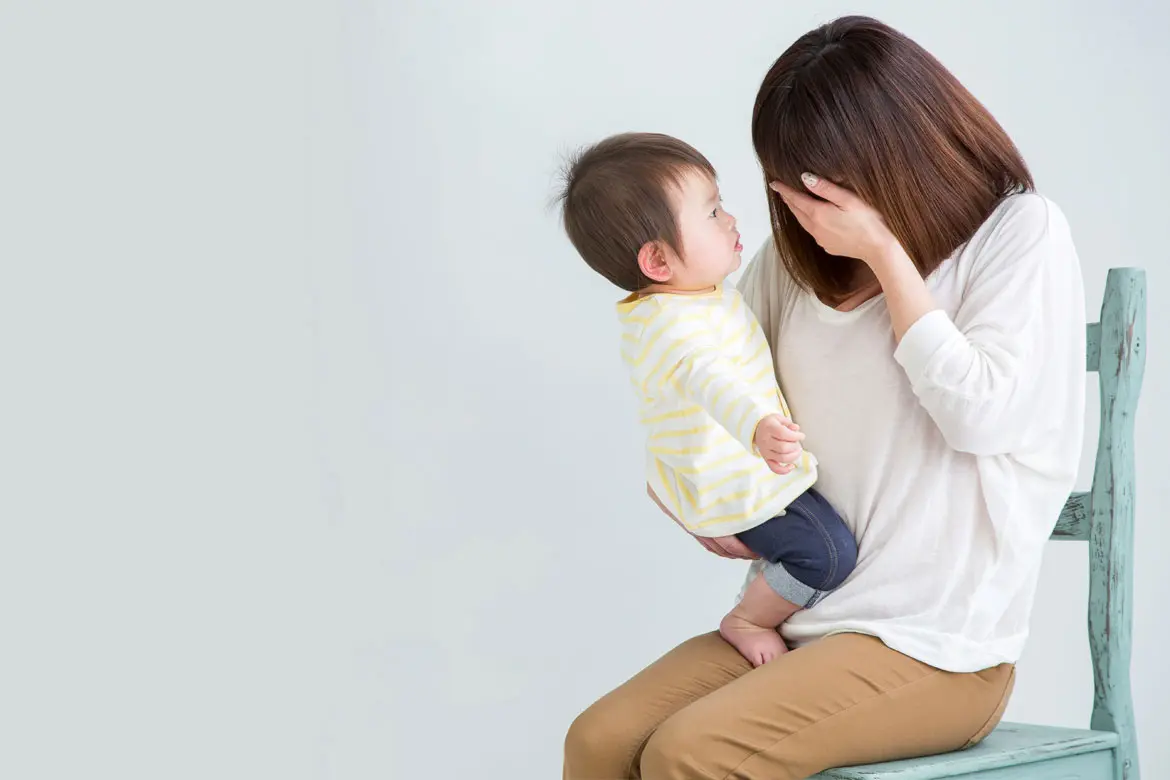Dr Yam Pei Yuan John
Obstetrician & Gynaecologist


Source: Shutterstock
Obstetrician & Gynaecologist
The baby blues, also known as postpartum blues, refer to a short-term dip in mood after having a new baby. This usually shows up around 2 – 3 days after giving birth. Most mothers usually overcome this 'down’ period within a week or two, and get back to feeling like their normal selves again.
It’s believed that changes in hormone levels after having a baby can trigger the baby blues and leave mothers feeling unbalanced. Oestrogen levels alone drop by more than 100 times in the 3 days after giving birth. This, along with the many other chemical changes occurring in the body post birth can cause a temporary low point.
Apart from hormonal changes, the stresses of parenthood are significant. The responsibility of looking after a child, mastering breast or bottle feeds, constant waking through the night and a mother’s physical recovery are big things to overcome. It’s unsurprising that many women don’t feel themselves.
How do you actually identify a case of baby blues? Here are some of the telltale symptoms.
Many women don’t tell others about their feelings because they think they should be happy after having a baby. Often women struggle during the first few weeks in silence. Caregivers, friends and relatives can look out for these general indicators of the baby blues:
Remember, the baby blues are very common, so being proactive and paying attention to someone who has just given birth can help them overcome the condition.
The baby blues are temporary, so doctors do not usually treat the condition with any kind of medication. Instead, emotional support, counselling, and patience can help a new mum get through this period.
If you are suffering from the baby blues, here are some ways to cope:
Remember, the baby blues are temporary, and you will start to feel better after a few weeks.
While the baby blues are temporary, there are times when things could be more serious than just a low mood. Postpartum depression and postpartum psychosis are much more serious conditions. The symptoms are easily confused, so it’s important to know the difference.
Postpartum depression is more severe and lasts longer than the baby blues. In some women, it appears during pregnancy and can linger for up to a year after birth. Unlike the baby blues, postpartum depression won’t go away on its own. If it is allowed to progress, it can interfere with your ability to manage daily tasks and responsibilities, which includes caring for your baby. Counselling or treatment with anti-depressants can help in recovery.
Postpartum psychosis, also known as puerperal psychosis, is very rare. It is a severe mental illness and requires urgent treatment to prevent harm to you or your baby. Postpartum psychosis can develop very quickly, as early as a few hours after childbirth. It is more common in women with a history of mental illness. Most women recover completely from this condition with medical treatment.
The best way to beat the baby blues is to focus on taking care of yourself. It’s easy to devote all your time to your baby, but a little self-care goes a long way.
Enlist the support of family and friends as that can help a new mother feel better. And remember, if you or anyone you know is exhibiting signs of depression or mental illness, it’s important to seek medical attention from a doctor.